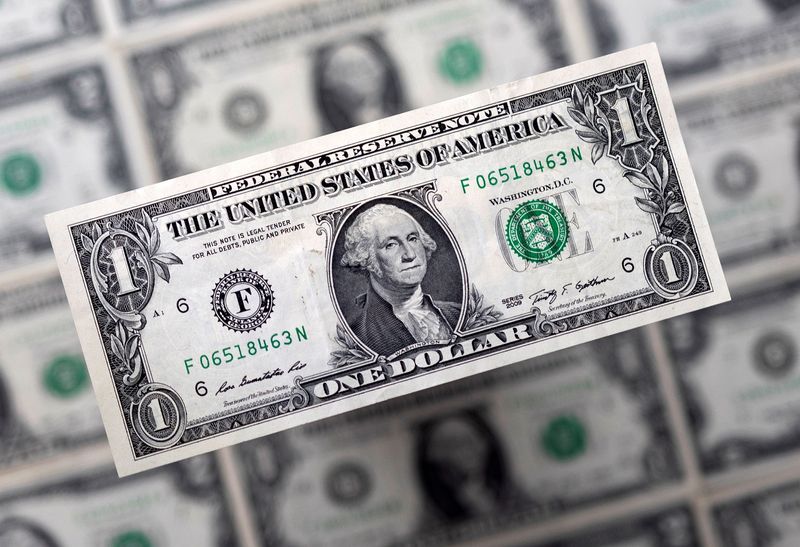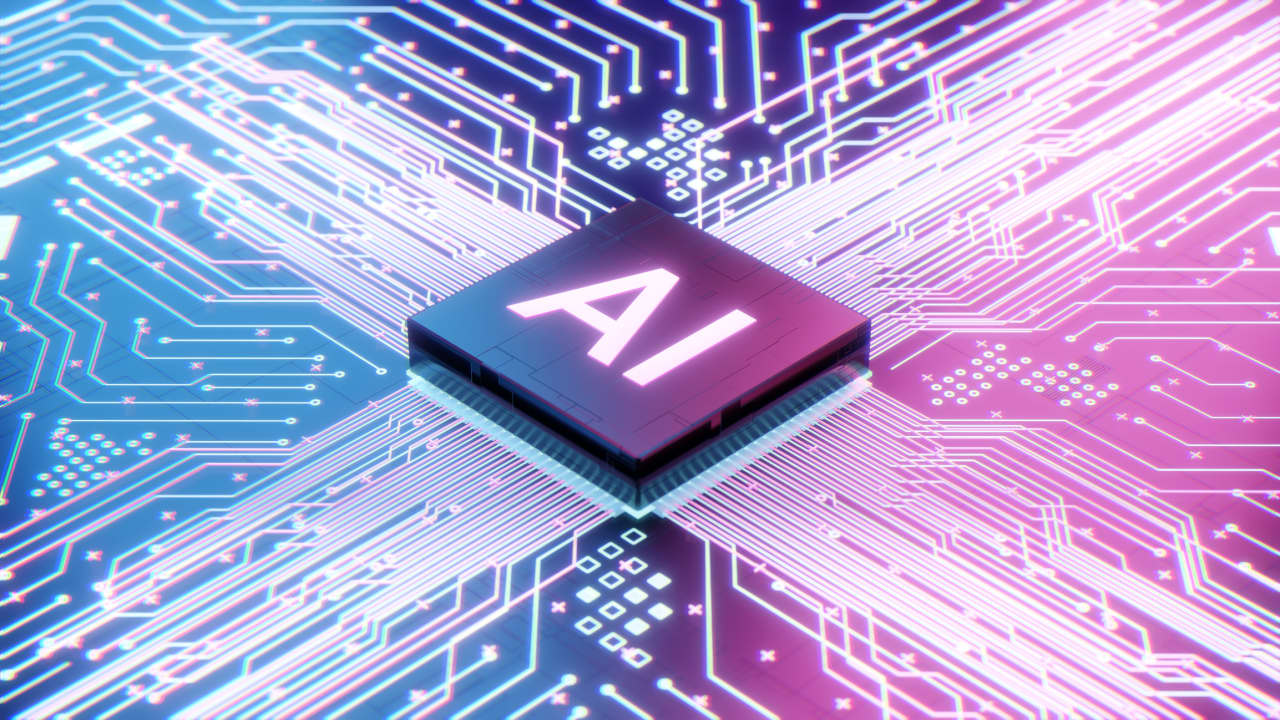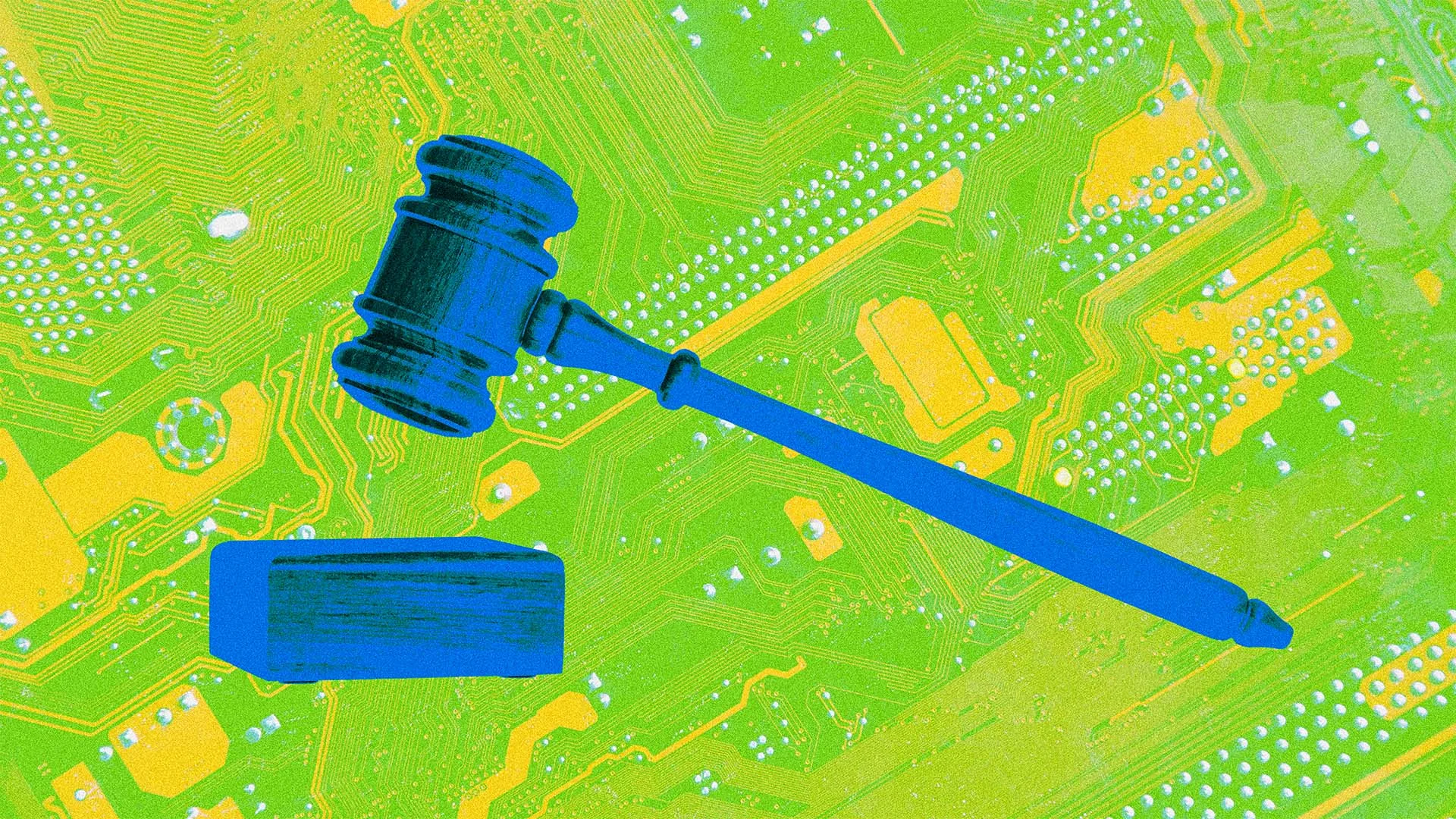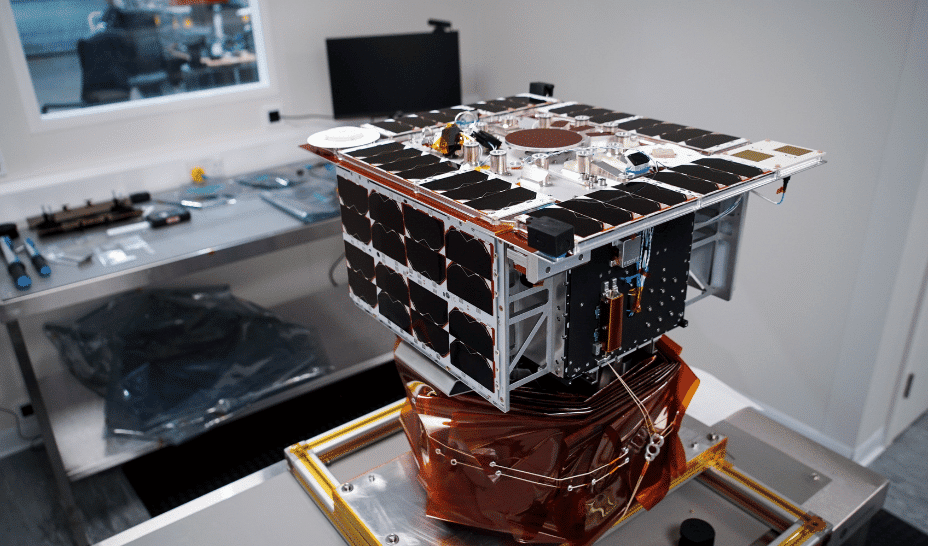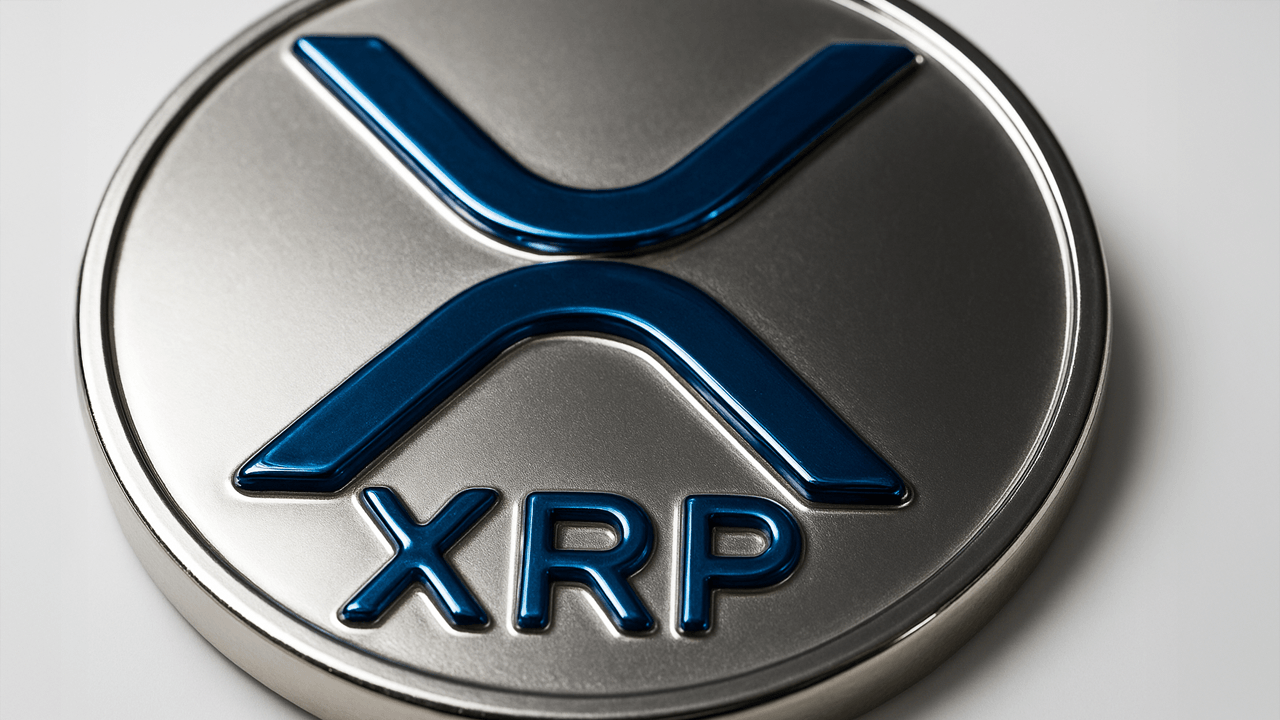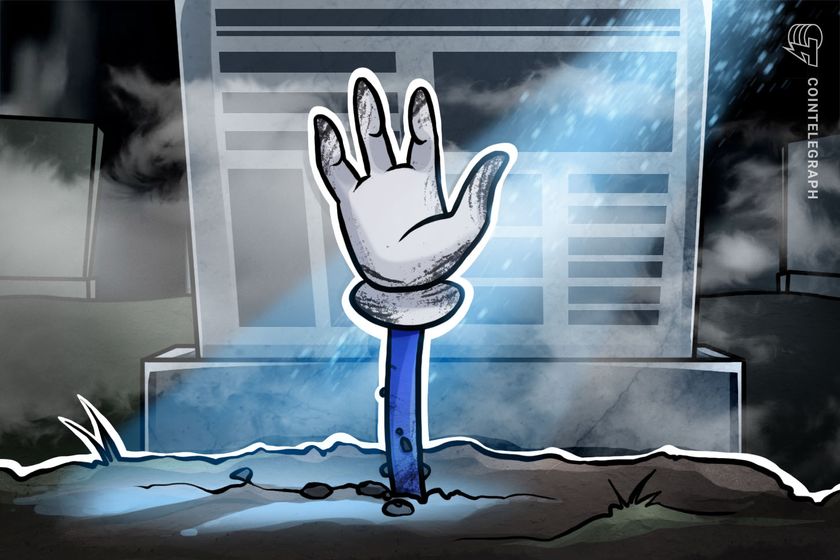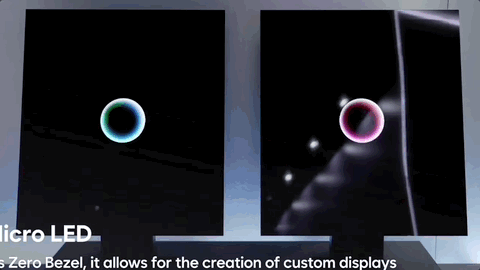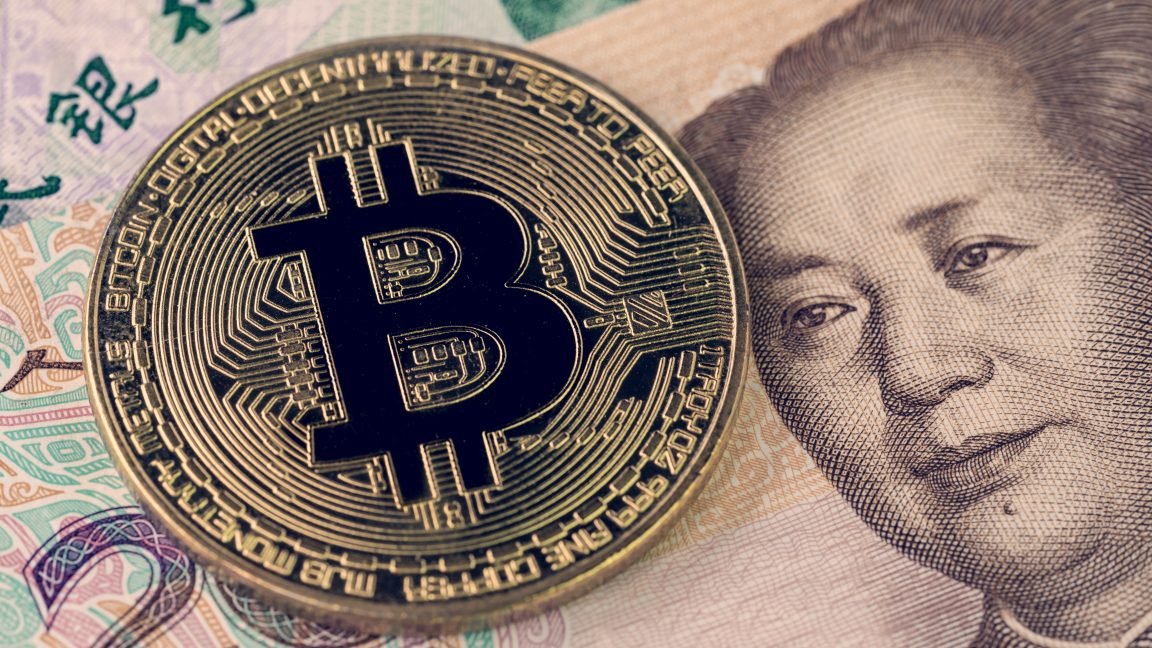Scientists Accidentally Turned Lead Into Gold
The Alchemy The mad geniuses over at CERN have accomplished what alchemists of yore never could: they turned lead into gold. Yes, seriously. As declared in a paper published last week in the Physical Review C journal, researchers working with the European Organization for Nuclear Research's (CERN) atom-annihilating Large Hadron Collider (LHC) accidentally transformed humble lead into fleeting specks of gold. The researchers are part of CERN's ALICE project, which, put very simply, involves scientists rocketing atomic particles at each other at incredibly high speeds — not quite the speed of light, but close — in an attempt to replicate […]


Goldfinger
The mad geniuses over at CERN have accomplished what alchemists of yore never could: they turned lead into gold.
As detailed in a paper published last week in the journal Physical Review C, researchers working with the European Organization for Nuclear Research's (CERN) atom-annihilating Large Hadron Collider (LHC) accidentally transformed humble lead into temporary gold nuclei.
The researchers are part of CERN's A Large Ion Collider Experiment (ALICE) project, which, put simply, involves scientists smashing atomic particles together at close to the speed of light in an attempt to replicate the conditions that followed the Big Bang.
The discovery, they say, is an incidental outcome of their experimentation with collisions between lead nuclei, which contain three more protons than gold.
Sometimes, as the paper explains, rather than hit each other directly, the ions graze past each other. And when that happens, the combined power of the ions' electromagnetic fields causes lead nuclei to release three of their protons in a process known as electromagnetic dissociation, effectively transmuting a lead nucleus into one of noble gold.
Flashes of Gold
Before anyone gets too excited: CERN scientists aren't about to unleash the hand of Midas.
As Nature reported, the researchers estimate that LHC collisions conducted between 2015 and 2018 resulted in 86 billion accidental gold nuclei. While that may sound like a lot of gold, it isn't — it only comes out to around 29 trillionths of a gram, which is worth next to nothing.
The nuclei were also short-lived and likely only lasted for a microsecond or so.
This would also be a wildly inefficient way to try and create gold from lead at scale, as The Register pointed out, given how much time, energy, and money go into powering the LHC.
Regardless, researchers are chalking this up as a fascinating scientific finding that could pave the way for future experimentation.
"Understanding such processes is crucial for controlling beam quality and stability," Stony Brook University physicist Jiangyong Jia, who has worked at the LHC, told Nature.
While the gold flakes may be temporary, it's a stunning result nonetheless.
"The transmutation of lead into gold is the dream of medieval alchemists," reads the paper, "which comes true at the LHC."
More on the Large Hadron Collider: Something Wild Just Happened at the CERN Particle Accelerator
The post Scientists Accidentally Turned Lead Into Gold appeared first on Futurism.






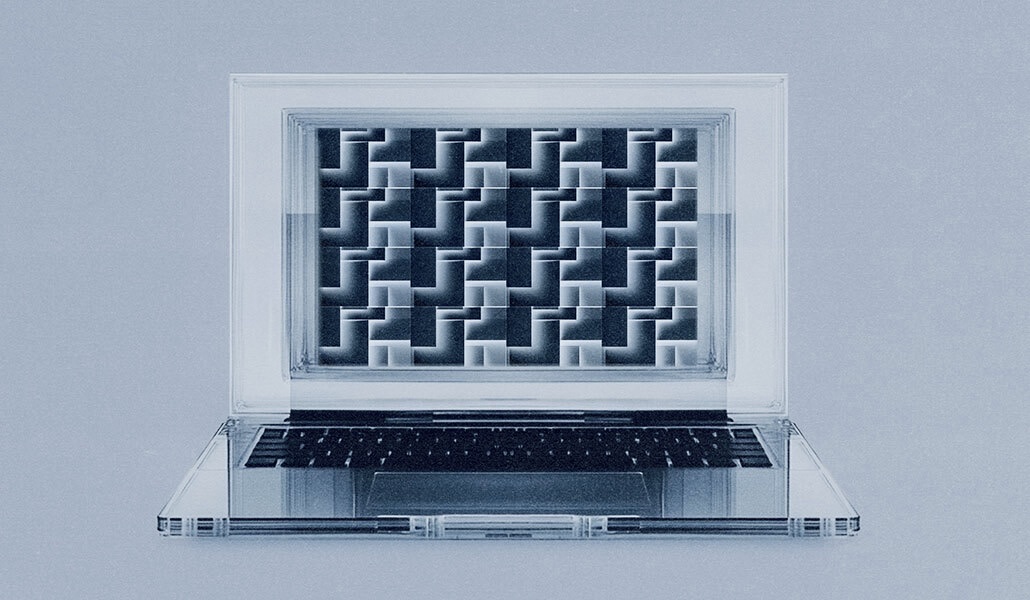




![SWOT Analysis: What It Is & How to Do It [Examples + Template]](https://static.semrush.com/blog/uploads/media/86/6a/866a1270ca091a730ed538d5930e78c2/do-swot-analysis-sm.png)















